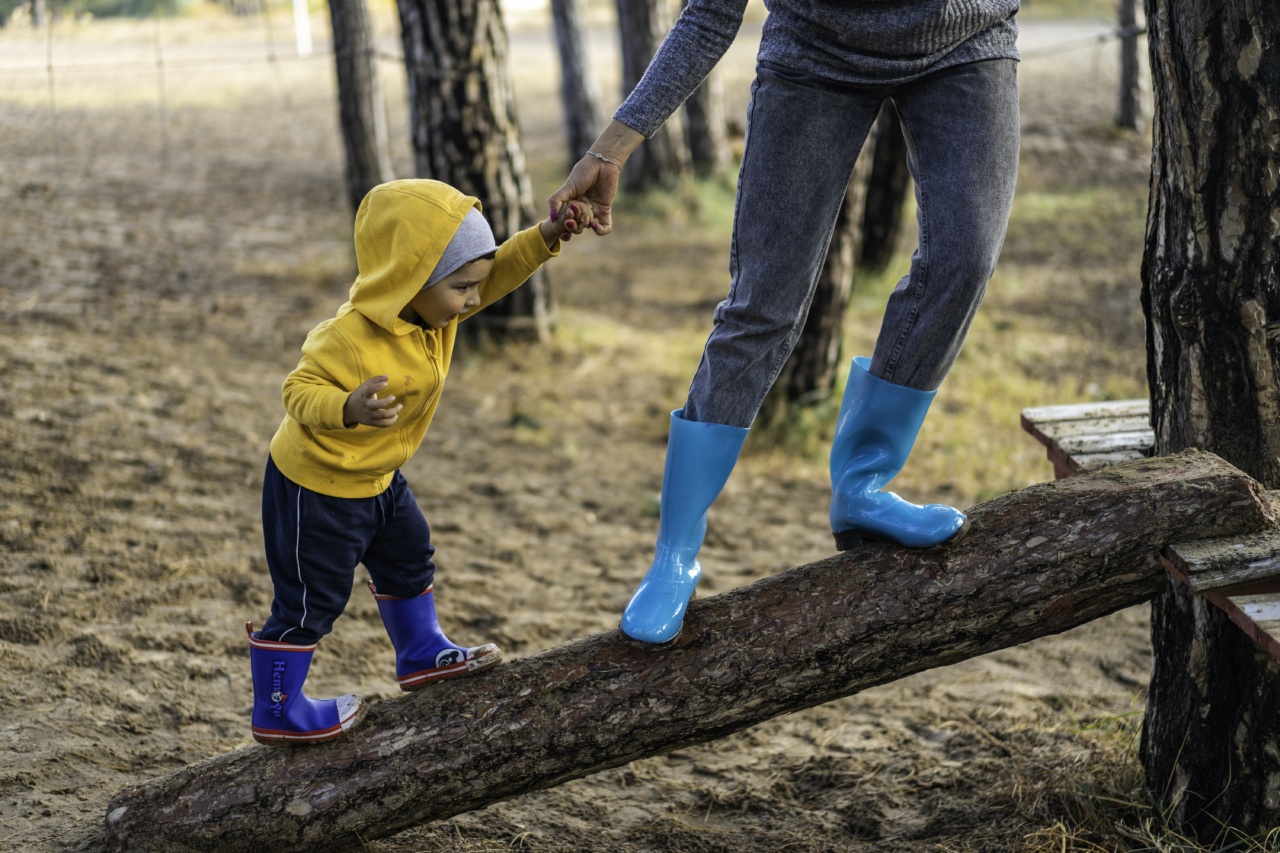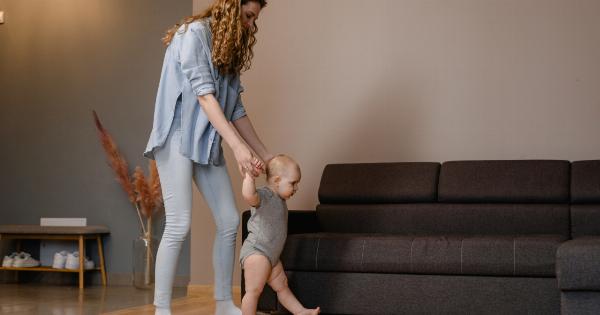Parents often look forward to the milestone of their baby’s first steps. It’s an exciting moment that symbolizes growth and independence.
However, determining the right time to start walking your baby can be a crucial decision that requires careful consideration. In this article, we will explore the factors to consider when deciding when to introduce your baby to the world of walking.
1. Developmental Milestones
Every baby develops at their own pace. Before starting to walk, babies typically go through a series of developmental milestones such as rolling over, sitting up, crawling, and pulling themselves up.
These milestones help strengthen their muscles and build the necessary foundation for walking. It’s important to ensure that your baby has achieved these milestones before encouraging them to take their first steps.
2. Strong Neck and Core Muscles
Walking requires balance and stability, which is why having a strong neck and core muscles is essential. Babies with well-developed neck and core muscles are more likely to have better control over their body movements.
To strengthen these muscles, engage your baby in activities that promote tummy time and encourage reaching and grasping objects. These activities will help your little one develop the necessary strength and coordination.
3. Signs of Readiness
Observing your baby’s behavior for signs of readiness can give you valuable insights into their readiness to walk. Some signs to look out for include:.
• Pulling themselves up to a standing position using furniture or other objects.
• Cruising along furniture while holding on.
• Having good balance while sitting.
• Showing an interest in walking or trying to imitate walking movements.
These signs indicate that your baby is becoming more confident in their motor skills and may be ready to embark on their walking journey.
4. Safety Precautions
Before introducing your baby to walking, it’s important to ensure a safe environment. Babyproofing your home is crucial as your little one explores their newfound mobility.
Make sure to remove any potential hazards or sharp objects from their surroundings. Additionally, invest in baby gates to create safe spaces where your baby can practice walking without the risk of falling down stairs or entering restricted areas.
5. Supportive Footwear
Once your baby starts taking their first steps, it’s important to provide them with supportive footwear. Look for shoes that offer a soft, flexible sole and proper arch support.
Avoid shoes with rigid soles, as they can hinder your baby’s natural foot movement. Remember, in the early stages of walking, barefoot is best to allow your baby’s feet to develop properly and gain a better sense of balance.
6. Encouragement and Patience
Learning to walk is a process that requires patience and encouragement. Each baby progresses at their own pace, so it’s important not to compare your child’s progress with others.
Provide gentle support by offering your hands for balance, using push toys or walkers, or even crawling alongside them. Celebrate each small milestone and avoid putting too much pressure on your baby to walk before they’re ready.
7. Professional Guidance
If you have concerns about your baby’s walking development, it’s always a good idea to consult with your pediatrician or a child development specialist.
They can assess your baby’s progress, offer guidance, and address any underlying issues or conditions that may affect their walking ability. Seeking professional advice can provide reassurance and ensure that your baby receives the necessary support.
8. Individual Differences
Remember that each baby is unique and will develop at their own pace. While there may be general guidelines for when babies start walking, it’s important to keep in mind that these are just averages.
Some babies may start walking as early as 9 months, while others may take their first steps closer to 15 months. Respect your baby’s individual timeline and provide them with the support they need.
9. Enjoy the Journey
Walking is just one of the many milestones your baby will achieve as they grow. While it’s exciting to anticipate those first steps, it’s essential to savor and enjoy the journey.
Cherish the moments of watching your baby explore their surroundings, gain confidence in their mobility, and take their first independent steps. Remember, their walking abilities will continue to evolve and improve over time.
10. Conclusion
Deciding when to start walking your baby is a crucial decision that requires understanding your baby’s developmental milestones, signs of readiness, and ensuring a safe environment.
Each baby grows and develops at their own pace, so it’s important to be patient and supportive throughout their walking journey. Always seek professional guidance if you have concerns or questions about your baby’s walking progress.
Remember, this is a time to celebrate your baby’s growth and enjoy the wonderful journey of watching them explore the world on their own two feet.































